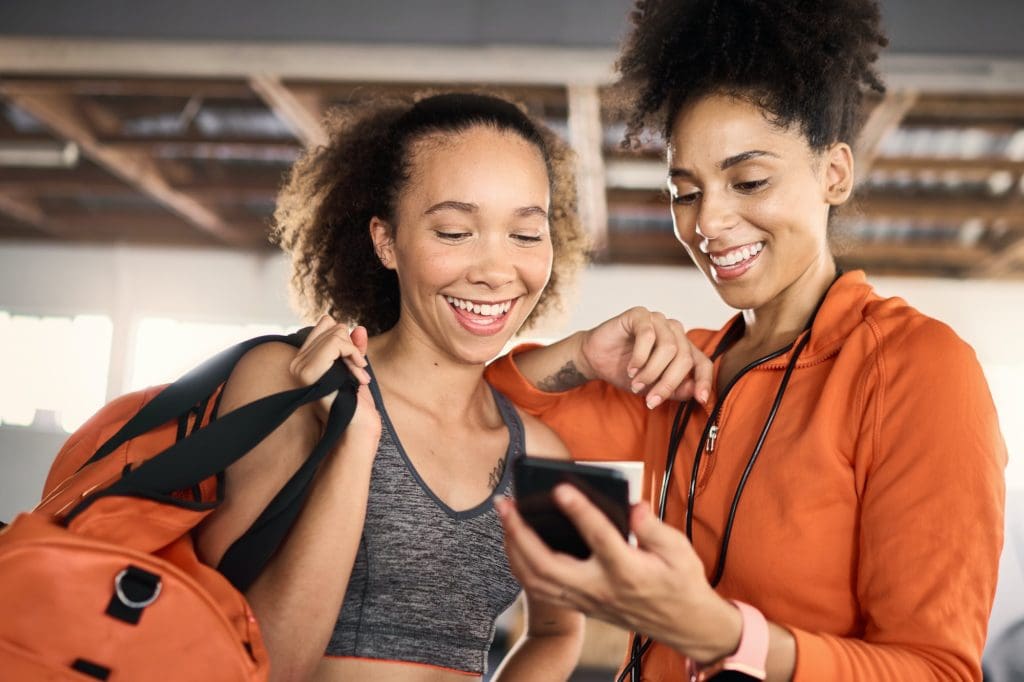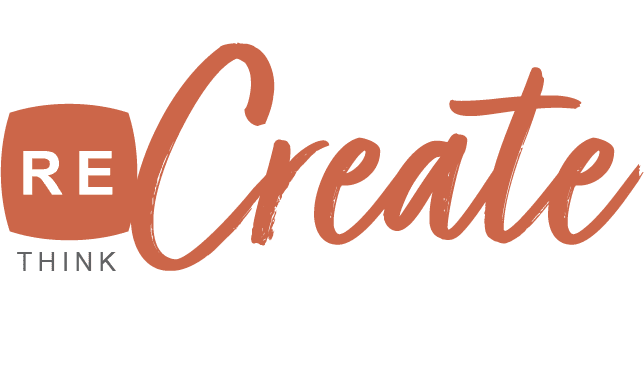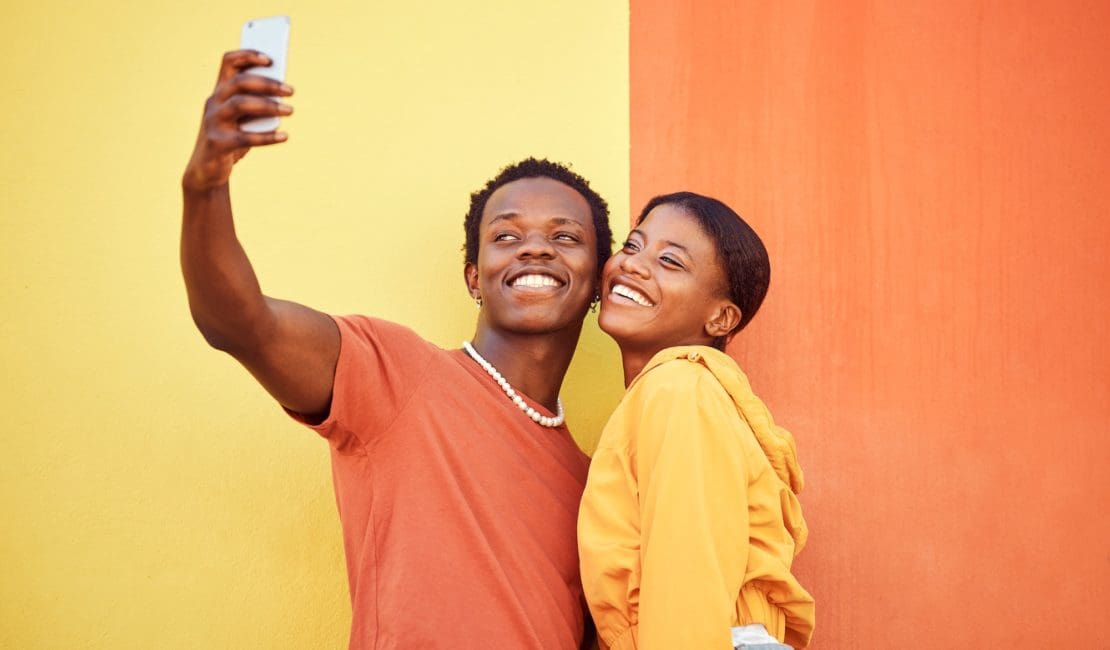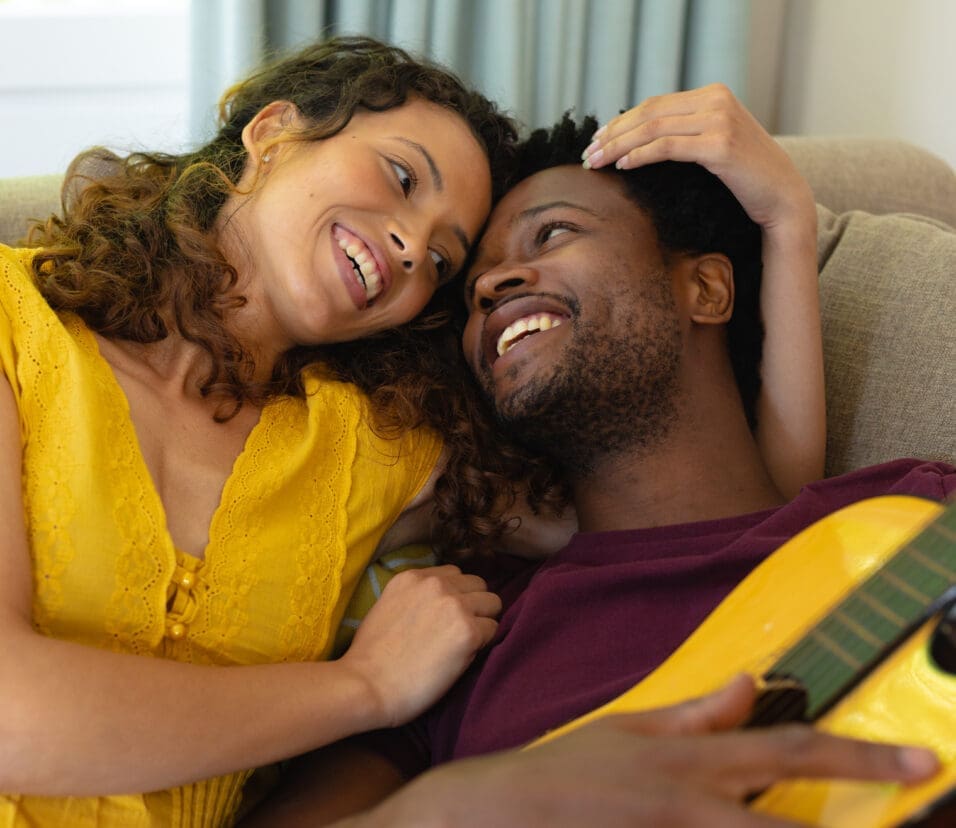How has Social Media Changed the Way We Communicate with Each Other?
Just a few decades ago, the only way to communicate with someone outside of your immediate vicinity was by writing a letter or making a phone call. This meant that there was significant delay in receiving a response, and conversations were often one-sided.
However, the advent of social media has completely changed the way we communicate with each other. Nowadays, we can instantly send a message to anyone in the world and receive a reply within seconds. We can also engage in real-time conversations with multiple people at once. These changes have made communication more efficient and convenient than ever before. In addition, social media has also provided a much easier way for shy or introverted persons to participate in conversations.
By providing a forum for discussion and allowing people to connect with others who share their interests, social media has made the world a more connected place.
How to Balance Social Media with Face-to-Face Interactions
In a world that is increasingly reliant on technology, it is more important than ever to make sure that we balance our use of social media with person to person interactions. While social media can be a great way to keep in touch online, it can also be a major distraction from the people who are right in front of us. It can become difficult to have meaningful conversations while you are trying to compete with the constant flow of notifications and updates.
For these reasons, it is important to find balance between social media and face-to-face interactions. Here are some ways to help you find balance:
- Set limits for your social media usage. Decide how much time you want to spend on each platform, and stick to that limit. It may also be helpful to schedule specific times for checking media, rather than letting yourself scroll aimlessly throughout the day.
- Make an effort to put down your phone or computer when you are in the company of others. Plan regular coffee dates or nights out with friends, and put away your phones as much as possible.
It’s important to remember that everything works in moderation; too much or too little of anything can both be harmful to our relationships. The key is finding a healthy balance that works for you and those around you.


The Pros and Cons of Social Media in Relationships
While social media can have several positive effects on relationships, it’s important to acknowledge that it can also have negative effects. Let’s explore some of the good and bad ways it can impact us:
Pros
- Strengthen existing relationships – Couples who are apart for whatever reasons can use social media to stay connected. They can take advantage of online platforms to publicly express their love and appreciation for each other.
- Stay connected – Social media can help us stay connected to people we wouldn’t otherwise be able to keep in touch with. For example, if you have a relative or friend living far away, it is easier to stay up-to-date by following them online. Thanks to platforms like Facebook, Instagram, and Snapchat, we can certainly stay in touch with the people we care about no matter where they are in the world.
- Meet new people – Social media is a great way to meet new people. There are numerous groups and forums online where you can engage in discussion and make new friends who share your interests. Whether you’re looking for a new romantic partner or just trying to expand your social circle, platforms like Tinder, Christian Mingle and Bumble make it easier to connect with people of like-mindedness.
- Social Movement – We can share our thoughts and feelings with anyone who wants to listen, which has led to more open and honest dialogue about important topics like mental health and social justice. Social media has also given rise to important movements.
When used responsibly, social media can be a valuable tool for maintaining close relationships.
Cons
- Jealousy and Insecurity – When people see their partners constantly interacting with other people online, it’s only natural to start feeling insecure about the state of their relationship. Also, if you come across several photos of your ex looking happy and content with someone new, or even your friends who seem to always be going out without you, it’s easy to feel overlooked and alone – even if that’s not really the case.
- Comparison and Competition – It’s easy to start comparing our own lives to those of others, when we’re constantly exposed to the highlight reels of other people’s lives. Feelings of inadequacy then creep up, indicating to us that we have come up short. This usually opens the door to more negative feelings like envy, resentment, and even depression. It’s important to bear in mind that what we see isn’t necessarily real life, as everyone portrays the best version of themselves online.
- Toll on relationships – Social media addiction can take a toll on both our personal and professional relationships. If we’re spending more time scrolling through Instagram than actually talking to the people around us, it’s likely that our relationships will suffer as a result.
- Conflict – Couples may argue about how much time their loved one spends on their phone or who they are talking to online. In extreme cases, social media can even be used to stalk or harass a partner.
- Validation – We can become addicted to likes, comments, and shares, leading us to chase after validation from strangers instead of focusing on the relationships that truly matter. Even more alarmingly, social media can be weaponised by people who spread misinformation and hate speech.
So there you have it – the positive and negative effects of social media. By making a conscious effort to limit your social media usage, you can ensure that you are still making time for the important people and things around you.
Is Social Media Addictive?
A recent study found that social media is capable of triggering the same parts of the brain that are activated by drugs. The study’s authors used MRIs to scan the brains of people who were actively using social media, and they found that the same parts of the brain were activated as when someone is using drugs. This suggests that social media is addictive and can have a similar impact on the brain as drugs.
While this research is still in its early stages, it provides a fascinating glimpse into how social media may be affecting our brains. It also raises important questions about whether we should be doing more to regulate our use of social media. After all, if social media is capable of triggering the same parts of the brain as drugs, then it stands to reason that it could have similar harmful effects on our mental health. More research is needed to understand the full extent of these effects, but in the meantime, we should all be aware of the potential risks of spending too much time on social media.
So, what can be done about the diverse impacts of social media? That’s a question that experts are still trying to answer. Some believe that we need stronger regulation of social media platforms; others believe that it’s up to users to police their own usage. Whatever the solution may be, one thing is certain: social media is here to stay, therefore, we need to figure out how best to use it in a way that benefits society as a whole.









Leave feedback about this